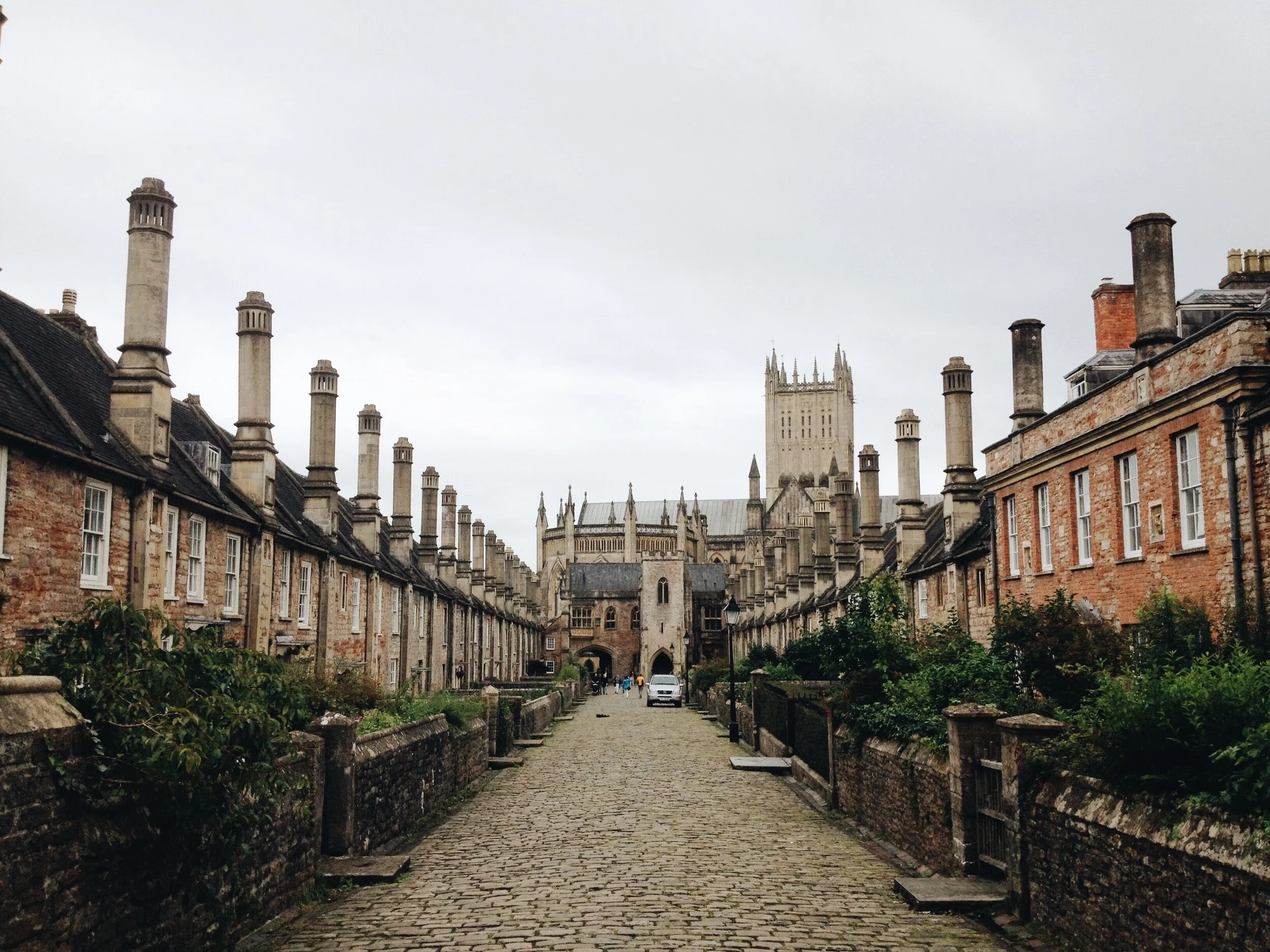The case for a Post-Liberal Brexit Britain | Dr Rakib Ehsan
Before the General Election, I suggested that the Conservative electorate was on the verge of becoming more working-class, blue-collar, and Northern – and lo and behold, it now is. The spectacular Tory breach of Labour’s former ‘red wall’ saw seats such as Leigh in Greater Manchester, Wrexham in North Wales, Blyth Valley in Northumberland, and Bishop Auckland in County Durham, elect Conservative MPs for the first time. In an astonishing turn of events, the Conservative Party is now one that loses seats like Putney to Labour and St Albans to the Liberal Democrats, but can boast a majority of over 14,000 votes in Bassetlaw – a former coal-mining constituency in provincial Nottinghamshire.
Of course, Brexit was a strong factor at play, with a great number of traditional working-class Labour voters abandoned by their natural party’s anti-democratic fudging of the matter. This of course heightened the potency of the Conservatives’ central “Get Brexit Done” message in working-class, pro-Leave, former coal and steel territory. Labour’s manifesto itself was the epitome of chattering-class socialism – a deluge of freebies combined with grand-sweeping plans of nationalisation, including bringing parts of the country’s broadband network under public ownership. But not enough credit has been given to the Tories’ broader policy pitch – one which blended sensible social-market economics with cultural conservatism.
Along with pledging increased funding for the NHS and greater public investment in education, research and development, and infrastructure projects, the Tories also emphasised the introduction of a points-based immigration system and tougher sentences for criminals.
The excesses of both economic and social liberalism call for a new post-liberal arrangement. The Cameron-Osborne tripartite of pro-Europeanism, fiscal conservatism, and social liberalism, is dead in the water in a non-EU country which craves a reformed economic and social order. The Notting Hill set agenda may have for a time worked in places such as St Albans and Putney - but it could never deliver such a spectacular breach of blue-collar Brexitland. One which helped deliver the largest Conservative parliamentary majority since 1987, it has facilitated a fundamental realignment of British politics. The Conservative electoral base is now more working-class and provincial-minded – comprising constituencies such as Scunthorpe, which had returned Labour MPs uninterrupted since its creation in 1997, until last December’s election.
The constituency, as well as including the industrial town of Scunthorpe, also incorporates the historic village town of Bottesford as well as a number of civil parishes such as Messingham. Scunthorpe, which developed out of the exploitation of ironstone resources in the middle of the 19th Century, remains the UK’s largest steel processing centre.
Indeed, the historical predominance of the steelworks has created an image of Scunthorpe being a virtual ‘monotown’. The steelworks run deep in Scunthorpe’s soul – but the inevitable impact of globalised markets means the growth of skills and better-paid jobs in other sectors, such as telecommunications engineering, is integral to the town’s much-needed economic diversification.
The welcome opening of a new university campus, a joint venture involving North Lincolnshire Council, North Lindsey College, and the University of Lincoln, included the creation of a department devoted to engineering and technology. A steady production of well-skilled graduates, specialising in areas ranging from computer science to materials engineering, will help to boost the area’s investment attractiveness and create future opportunities for local economic diversification.
Families living in Brexit-voting communities are more likely to hold strong local attachments. Converting stagnant industrial towns into thriving, diversified small-to-medium-sized hubs through local multi-agency initiatives - creating well-paid jobs with minimal commuter times in the process - may help to consolidate Tory support among communitarian voters in traditionally Labour-voting seats such as Scunthorpe. This, along with appreciating the culturally conservative intuitions of such Leave-voting communities through a regimented immigration system and the restoration of robust neighbourhood on-the-beat policing, would represent an appealing politics grounded in the principles of opportunity, security, and belonging.
The Conservative Party, one of the most successful parties in Western democratic history, has a golden opportunity to establish a patriotic, communitarian agenda – one which promotes local economic enterprise and appreciates a social desire for rootedness. One which addresses socio-economic anxieties over regional inequality, and broader socio-cultural reservations over social-liberal overextension in areas such as immigration, crime, and terrorism. Many people care about their communities – they want them to thrive and be kept safe. Their sense of care and neighbourliness means they are sceptical of ‘dog eat dog’ materialistic individualism; but it also means they are wary of those who appear complacent or unbothered when it comes to ensuring the safety and security of their local communities.
The dynamic policy agenda which blends sensible social-market economics with robust cultural conservatism, may not just consolidate newfound support in unfamiliar territory. A post-liberal agenda of this nature could precipitate a further crumbling of Labour’s weakening red wall.
The Conservatives do not only have the opportunity to turn places like Scunthorpe a deep blue – they have a chance to shatter what is left of Labour’s red wall, and establish itself as the dominant political force in former coal and steel country.
Over to you Boris.

